How Might Justice and Accountability be Achieved?
Panelists will examine how international legal frameworks and mechanisms may address Israel’s actions in Gaza, the West Bank, and East Jerusalem. The discussion will focus on how Israel’s internal dynamics and global responses—especially those guided by international law and human rights organizations—could shape legal and diplomatic efforts. The session will also consider Hamas’s accountability, and standing among Palestinians, and how international law applies.
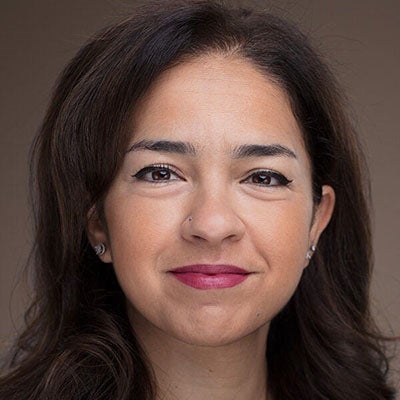
Noha Aboueldahab (Moderator)
Noha Aboueldahab is an Assistant Professor of International Law at Georgetown University in Qatar. An award-winning specialist in transitional justice, her work covers the fields of international law, foreign policy, human rights, and transitional justice. She is the author of Transitional Justice and the Prosecution of Political Leaders in the Arab Region (Hart Publishing, 2017). Her forthcoming book examines how Arab diasporas have expanded the political, intellectual, and socio-legal spaces of international law and transitional justice. Work authored by Aboueldahab has appeared in the Journal of International Criminal Justice, International Criminal Law Review, Foreign Policy magazine, Al Jazeera, and the Globe and Mail, among others. Since 2003, she has worked for various United Nations agencies, NGOs, and think tanks. She has regularly consulted for governments, international organizations, and media outlets. She is a member of the Society of Legal Scholars, the Middle East Studies Association, the Law and Society Association, the International Studies Association, and the American Society of International Law, where she serves on the advisory board of the Transitional Justice and Rule of Law interest group. Aboueldahab serves on the board of several other academic and civil society organizations.
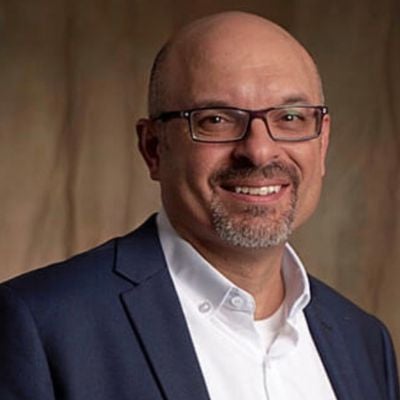
Wesam Ahmad
Since moving to Palestine in 2006, he has been working as a human rights advocate with Al-Haq, the oldest Palestinian Human Rights organization. He has contributed to the development of Al-Haq’s work in the area of Business and Human Rights including corporate accountability, focusing on the role of corporate actors and the economic incentive structure perpetuating the continued colonization of Palestine. He is currently the Head of the Al-Haq Center for Applied International Law, which serves as the educational and capacity building arm of the organization.
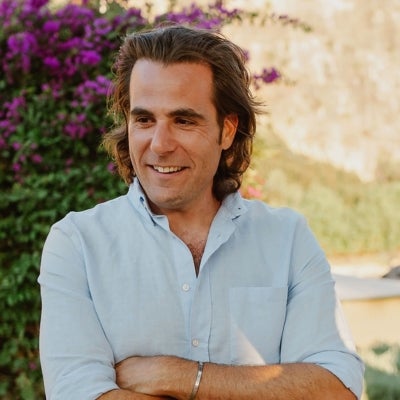
Seth Anziska
Seth Anziska is the Mohamed S. Farsi-Lindenbaum Professor of Jewish-Muslim Relations at University College London, where he is the founding director of the Middle East Research Centre. His research and teaching focuses on modern Middle Eastern history, Palestine and Israel, archival practices and visual culture, and contemporary Arab and Jewish politics. He is the author of Preventing Palestine: A Political History from Camp David to Oslo (Princeton University Press: 2018; Arabic edition, Institute for Palestine Studies, 2022), which was awarded the British and Irish Association for Jewish Studies Book Prize. His writing has also appeared in the New York Times, the London Review of Books, the New York Review of Books, +972 Magazine, and the 55th Venice Biennale. He is currently a fellow at the Stellenbosch Institute for Advanced Study in South Africa, where he is working on an international history of Israel’s 1982 invasion of Lebanon and its afterlives, with research supported by the British Academy and Leverhulme Trust. He has also held fellowships at the Dorothy and Lewis B. Cullman Center for Scholars and Writers at the New York Public Library, the Norwegian Nobel Institute, New York University, and the American University of Beirut, and was a visiting professor at Dartmouth College.
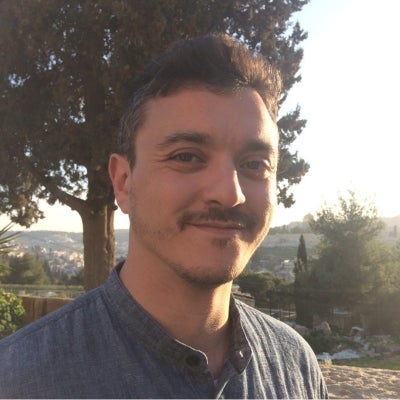
Saleh Hijazi
Saleh Hijazi is the Apartheid-Free Policy Coordinator at the Palestinian Boycott, Divestment and Sanctions National Committee (BNC), the leadership of the global nonviolent movement working to end complicity with and towards dismantling Israel’s settler-colonialism, military occupation, and apartheid. Before joining the BDS movement he spent 11 years at Amnesty International, most recently as MENA Deputy Regional Director, and was co-author of the organization’s report Israel’s Apartheid Against Palestinians: Cruel System of Domination and Crime Against Humanity. He had previously worked with Al-Quds University Human Rights Clinic in Palestine.
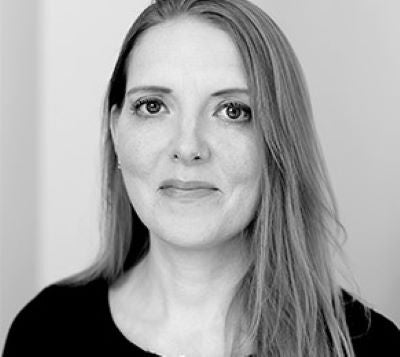
Blinne Ní Ghrálaigh
Blinne Ní Ghrálaigh KC is a senior Irish barrister based in Matrix Chambers in London, specialising in international law and human rights. She appears in domestic and international courts and tribunals, including most recently in the International Court of Justice on behalf of South Africa in its case against Israel for violation of the Genocide Convention, having previously acted for Croatia in its genocide case against Serbia. She is called to the Bars of Ireland, North and South, and of England and Wales, is the former Vice Chair of the Bar Human Rights Committee, and is on the International Criminal Court’s list of Counsel. She is a former Visiting Fellow at Harvard Law School, where the dual focus of her research was on the Arms Trade Treaty and on Israeli Military Courts in occupied Palestinian territory. Widely recognised as a leader in her field, much of her practice focuses on justice and accountability for victims of State violence, including victims of the ‘The Troubles’ in the North of Ireland, and on the protection of the rights to free speech and protest. She was ‘commended’ Barrister of the Year in the 2022 Lawyer Awards for her defence of the ‘Colston Four’, acquitted of toppling a statue of a slave trader during the course of a Black Lives Matter protest. Previously named Public International Law Junior Lawyer of the Year, she is currently nominated for Public International Law King’s Counsel (KC) of the Year in the 2024 Legal 500 Awards.
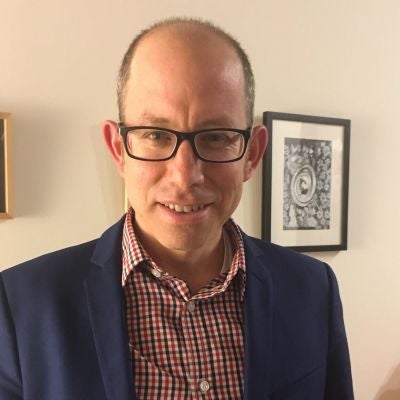
Raz Segal
Raz Segal is an Associate Professor of Holocaust and Genocide Studies and Endowed Professor in the Study of Modern Genocide at Stockton University. Dr. Segal has held a Harry Frank Guggenheim Fellowship, a Fulbright Fellowship, and he was recently a Senior Fellow at the Vienna Wiesenthal Institute for Holocaust Studies (2023) and an American Council of Learned Societies (ACLS) Fellow of the Summer Institute for the Study of East Central and Southeastern Europe, in collaboration with the Center for Advanced Studies in Sofia and the American University in Bulgaria in Blagoevgrad (2024). His publications include Genocide in the Carpathians: War, Social Breakdown, and Mass Violence, 1914-1945 (2016); Days of Ruin: The Jews of Munkács during the Holocaust (2013); and he was guest editor of the Hebrew-language special issue on Genocide: Mass Violence and Cultural Erasure of Zmanim: A Historical Quarterly (2018). He is at work on a book on the distortion, weaponization, and mobilization of Holocaust history in the reproduction of white supremacy and state violence, including a focus on Israel’s assault on Palestinians from the 1948 Nakba to the current genocidal assault on Gaza. In addition to scholarly publications, he has published op-eds, book reviews, and larger articles on genocide, state violence, and memory politics in Hebrew, English, and German in The Guardian, LA Times, The Nation, Jewish Currents, Haaretz, +972 Magazine, Time Magazine, Forward, and Berliner Zeitung, and he has appeared on Counter Points, MSNBC, Al Jazeera English, Democracy Now! and ABC News.